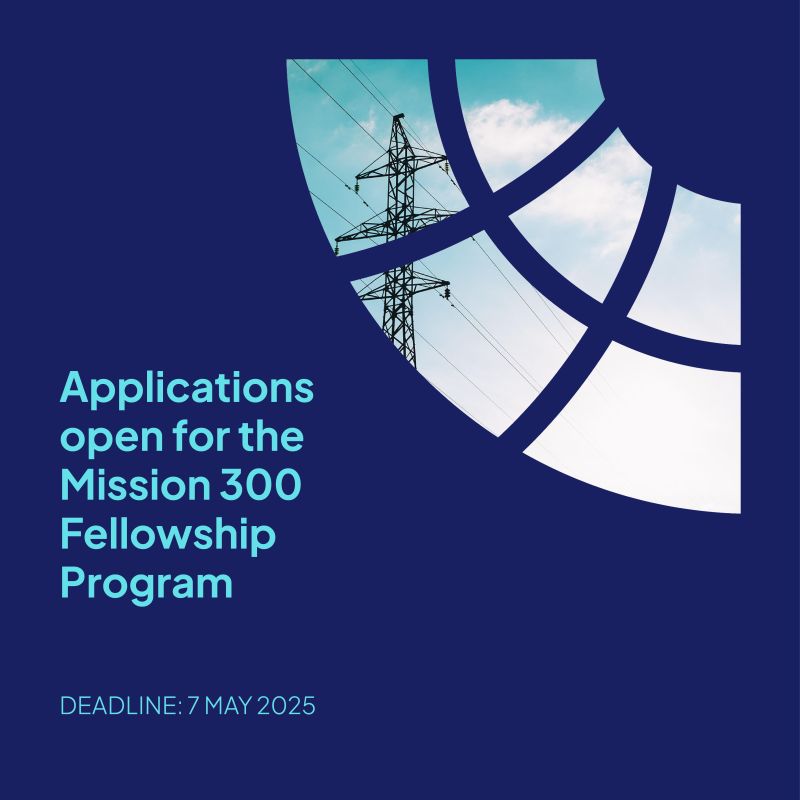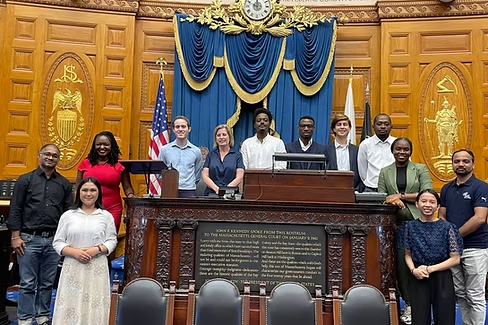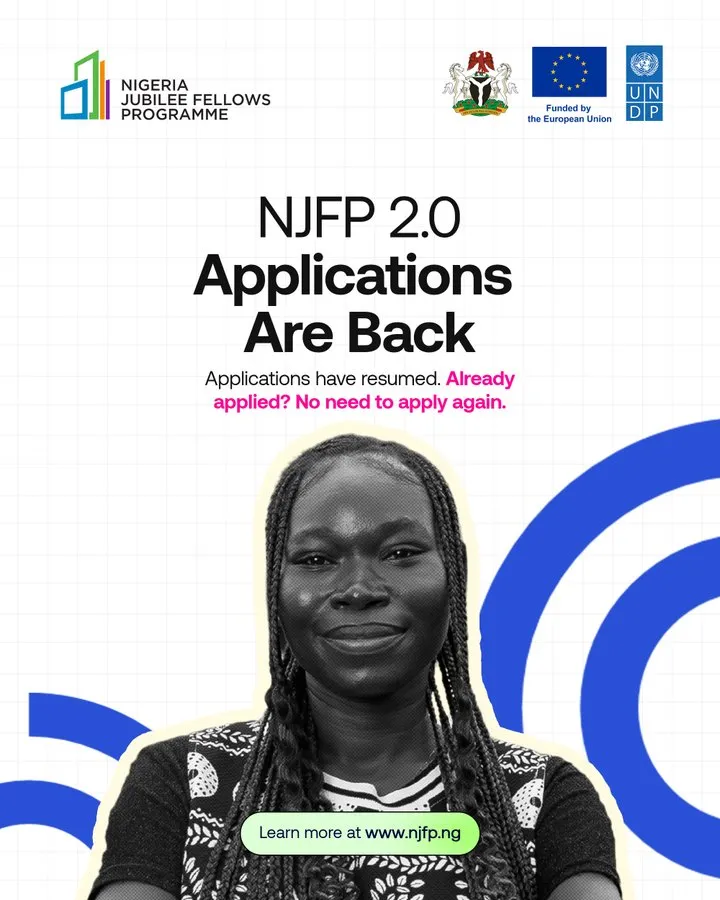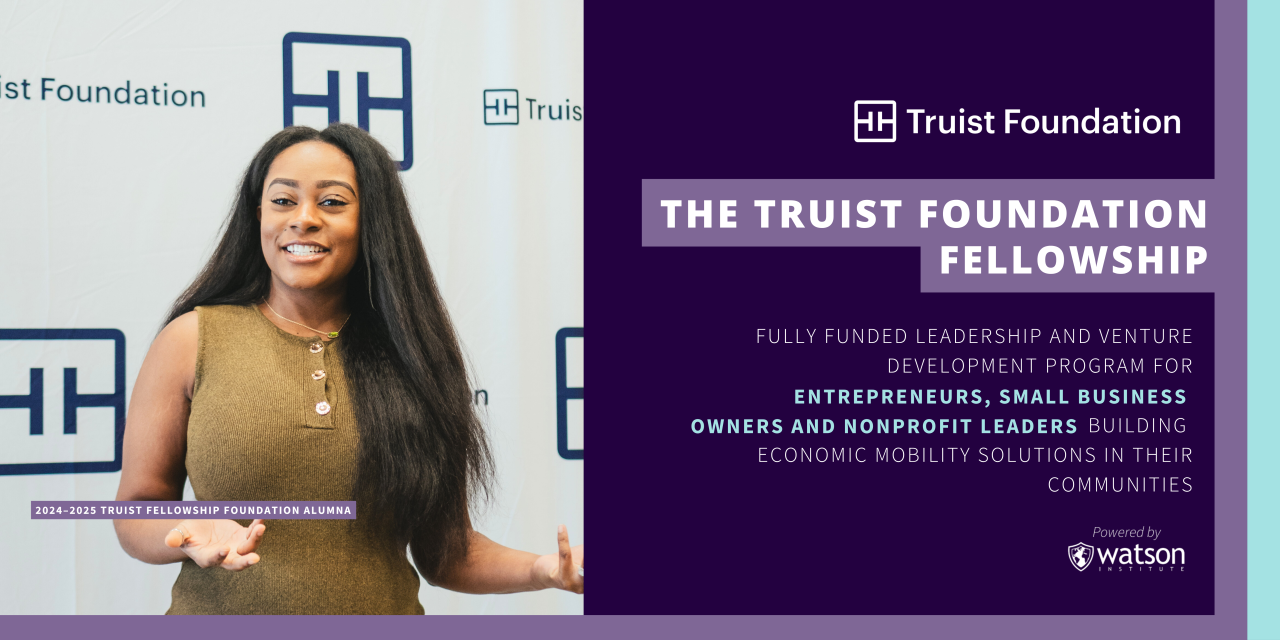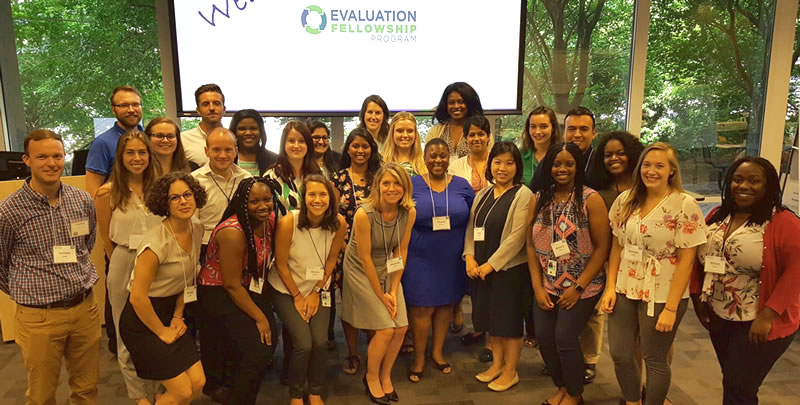Mission 300 Fellowship Program Africa is a groundbreaking initiative that aims to electrify 300 million Africans by 2030. It is a collaborative effort supported by the World Bank Group, African Development Bank, Rockefeller Foundation, RF Catalytic Capital, the Global Energy Alliance for People and Planet (GEAPP), and Sustainable Energy for All (SEforALL). Altogether, these esteemed partners are referred to as the Mission 300 Partners.
Inspired by the long-standing and impactful ODI Fellowship Scheme, Mission 300 adapts this embedded fellowship model to tackle one of Africa’s most urgent needs—universal access to energy. As such, the program will place young African professionals within high-level government ministries, particularly in the energy and finance sectors, or even within the President’s or Prime Minister’s office.
Why Mission 300 Fellowship Matters
Firstly, the fellowship is not just a job — it’s a mission-driven role that supports systemic transformation. Moreover, by embedding professionals directly into the Compact Delivery and Monitoring Units (CDMUs), fellows gain unparalleled access to policy-making processes. This positioning allows them to provide technical and strategic support that is context-specific and rooted in the day-to-day operations of their host governments.
Therefore, fellows will be empowered to work hand-in-hand with key policymakers, ensuring their countries’ National Energy Compacts are successfully implemented and monitored. In short, this is a real-world opportunity to translate ambition into action.
The Fellowship Model: Learning from Experience
The ODI Fellowship Scheme has a remarkable 60-year history of building trust and influence by embedding professionals in public institutions. In the same way, the Mission 300 Fellowship prioritizes mutual learning, long-term engagement, and trust-building, rather than short-term consultancy roles.
Consequently, this approach enables Mission 300 Fellows to bridge the gap between development partners and governments. Rather than advising from the sidelines, Fellows become part of the engine that drives implementation.Mission 300 Compacts: Driving Change from Within
The program’s cornerstone is the National Energy Compact—a roadmap designed by each participating government to tackle its unique energy challenges. Encouragingly, twelve countries have already unveiled their National Energy Compacts at the Africa Energy Summit:
- Chad
- Côte d’Ivoire
- Democratic Republic of the Congo
- Liberia
- Madagascar
- Malawi
- Mauritania
- Niger
- Nigeria
- Senegal
- Tanzania
- Zambia
Moreover, up to 20 more countries are expected to announce their Compacts this year, reinforcing the regional momentum.
Mission 300 Fellowship Roles and Responsibilities
Each fellow will embark on a 24-month full-time assignment, embedded in a high-level government entity—frequently cross-ministerial units like CDMUs. As a result, they will:
- Coordinate closely with Mission 300 Partners such as the World Bank and GEAPP.
- Assist in monitoring compact progress and facilitate transparent reporting.
- Support implementation of energy reform plans and unlock bottlenecks.
- Work with ministries of Health, Education, Agriculture, and others to integrate clean cooking and productive energy use into development strategies.
- Engage the private sector, donors, and civil society for multi-stakeholder alignment.
- Produce critical documentation like policy papers, financial models, RFPs, and technical briefs.
Clearly, the Fellowship spans both strategic and operational dimensions, making it one of the most dynamic roles available for young professionals in Africa’s energy sector today.
Compensation and Benefits
Let’s talk about what you’ll receive. While this is a mission-focused fellowship, the compensation is both fair and competitive:
- Year 1: USD 26,000 (net of tax)
- Year 2: USD 28,000 (net of tax)
- Housing allowance based on the country of placement
- Professional exposure to top-level international organizations and African leadership
Furthermore, the experience itself is priceless. Fellows become integral players in shaping the energy futures of entire nations, all while building a global career profile.
Who Can Apply?
To qualify for this prestigious opportunity, candidates must:
- Be nationals of African countries
- Possess a master’s degree in relevant fields (e.g., economics, finance, energy, environmental science, public policy, engineering)
- Demonstrate 2–4 years of professional experience
- Communicate effectively in English, with French or Portuguese as a plus in applicable regions
- Exhibit emotional intelligence, resilience, and a genuine commitment to Africa’s sustainable development
Desirable Skills and Qualities
Mission 300 is more than an academic endeavor — it requires on-the-ground skills:
- Data analysis and problem-solving
- Strong interpersonal and cross-cultural communication
- Ability to work autonomously and manage projects
- Report writing and stakeholder consultation
- Political acumen, especially in sensitive or high-level contexts
Importantly, passion is non-negotiable. Applicants should be energized by the mission and motivated to make a lasting impact.
Why Join the Mission 300 Fellowship?
Besides the tangible benefits, this program offers something more powerful — the chance to leave a legacy. It’s a once-in-a-lifetime opportunity to:
- Shape national energy policy in your home continent
- Build lifelong networks with global development partners
- Join a growing community of Mission 300 alumni who are redefining Africa’s development story
So, whether you’re a data-savvy analyst, a policy expert, or a sustainability advocate, this fellowship will elevate your career while serving a noble cause.How to Apply
Applications are now open! However, due to high interest, early submission is strongly encouraged. Note that only application forms will be reviewed—CVs or external documents won’t be accepted.
You must also provide contact details of two references, though these won’t be contacted unless you’re shortlisted.
Apply now and be the change Africa’s energy sector urgently needs.
👉 Apply to Mission 300 Fellowship Here
Frequently Asked Questions
Is the fellowship full-time?
Yes. Fellows are expected to fully commit to a 24-month assignment.
Do I need work experience in government?
Not necessarily. Experience in public institutions or development projects is a plus, but not a requirement.
Is French or Portuguese required?
Only for placements in French- or Portuguese-speaking countries. English is the primary language; otherwise.
Can I apply if I am finishing my postgraduate degree?
Yes, but the award is conditional on graduation before the Fellowship begins.
Are there options for part-time or remote work?
No. Fellows must work in-country and full-time with their host institutions.
What happens after the Fellowship ends?
You join a network of Mission 300 alumni and potentially unlock career opportunities with international organizations, ministries, and energy agencies.
Conclusion: The Time Is Now
Africa stands at the crossroads of an energy revolution. With ambitious targets and broad stakeholder support, Mission 300 is more than a policy — it’s a movement. This Fellowship program is your gateway to becoming a leader, a catalyst, and a trailblazer in sustainable energy transformation.
So, take the leap. Apply. And bring your unique talent to the frontlines of Africa’s energy future.
